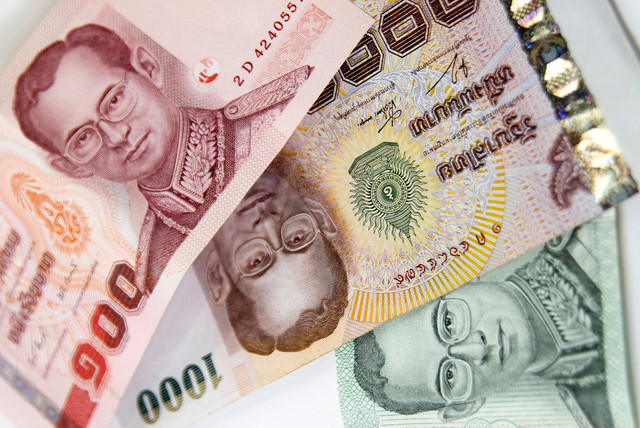As Thailand’s economy in 2011 continues to slow, the Bank of Thailand is expected to cut the country’s growth forecast in the next few weeks from where it currently stands at 4.1 percent. This will be the second time in just a few months that the central bank has done so.
As an expat who lives in Thailand, a lower GDP for 2011 is hardly surprising. Although the Thai government has continued to trumpet “higher tourist arrivals” anyone can see, if they look closely enough, that is actually not true.
Tourist arrivals in Thailand have fallen sharply in the last couple of years as a result of the failing world economy, anti-government protests in Bangkok, and government-ordered army shootings last May that killed more than 90 people, including two western journalists.
Thailand too has recently made tourist visas more difficult to obtain so the country is likely to see even less tourists, particularly long-stay ones, in the coming months.
Thailand too has seen problems with its export industry, which is a large part of Thailand’s total GDP, as with the Eurozone and the US still in deep financial trouble, the demand for Thai products has fallen.
In addition, with the Thai baht having been too strong, Thailand’s exports have been having a hard time competing with lower-priced Chinese products.
Finally, domestic consumption has also slowed.
While there are the same numbers of crowds at many of Bangkok’s mega-malls, there is a lot more window shopping and less actual buying going on.
Plus, at malls like Fortune Town Mall, a large Bangkok IT venue, shoppers are not arriving at the mall in the numbers they used to. After all, there is not much point window shopping for computers and peripherals if you cannot afford to buy them.
Thailand’s banks have done a good job managing risk though, with none of the problems of many banks in the EU and America. So, whether or not the country has to lower its GDP expectations, it still seems it may be in a far more stable situation financially than most of the more developed countries.

